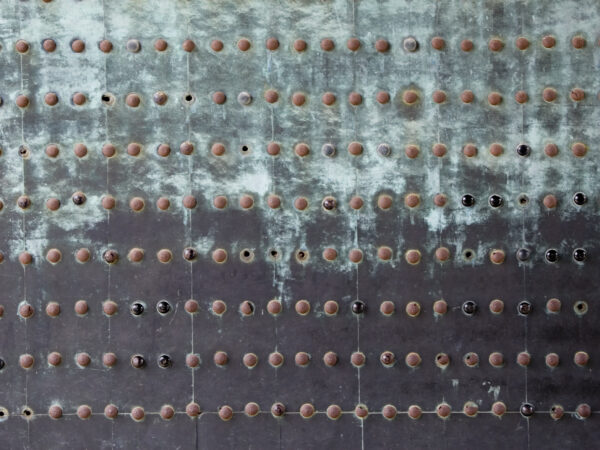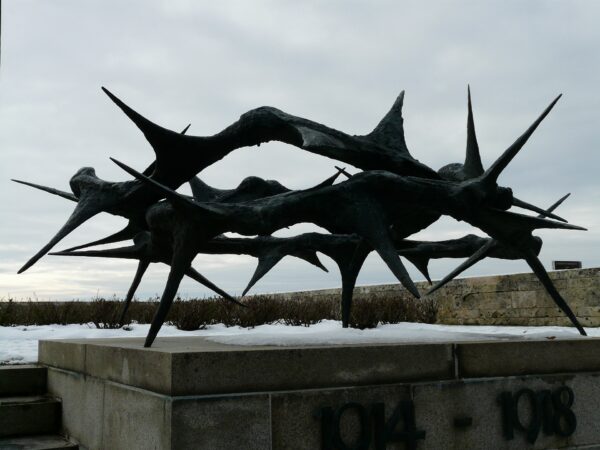
What if Zephaniah’s addressees had a right to mourn, lament, and rage against the wrath of Yhwh? Afterall, Yhwh’s favor is fickle in Zephaniah, entirely contingent on a particular obedience and only coming after the divine wrath is spent.

For the 100th anniversary of the publication of Franz Rosenzweig’s The Star of Redemption, we thought it appropriate to reflect on the relevance of this difficult theo-political (and some would say, apolitical) text for our contemporary political moment. In the spirit of opening living, critical, and generative conversations, four authors wrestle with the Star while also wrestling with a wide range of pressing present issues from politics and policing to racial injustice, religious identity, and radical hope.

YHWH invites the people of Judah and Jerusalem to revolt against self-centered government, changing their allegiance from the Persian emperor to YHWH, who is the Lord, the messenger, and the message.

Muslim French are heirs to a rupture that has become a continuity. While the Islamic revival in France is often framed as a movement of “modern” young people distancing themselves from their parents’ and grandparents’ “traditional” forms of Islam, many young Muslims describe their religiosity in terms of the inheritances of immigration.

Formulating a rigorously historicist approach to contemporary cultures of Islam can build on Asad’ pivotal concept in The Idea of an Anthropology of Islam: not the “discursive tradition,” but the discursivity of tradition. Already implicit in its reiterative tradition, the modernity of Islam consists in the reconfigured powers of discursivity beyond discourse.

This post focuses on a no less important but less visible cluster of questions about the relationship between ethics and politics, what helps or hinders the formation of persons capable of undertaking liberative projects with and for others, and how the quality and character of relations between persons (for example, virtues such as hope, courage, or hospitality) directly shape the conditions for the possibility of democracy.





